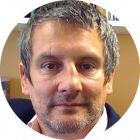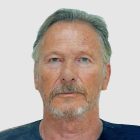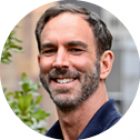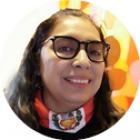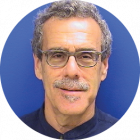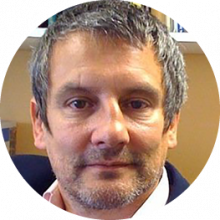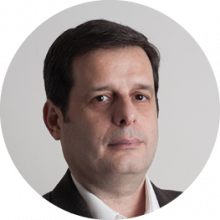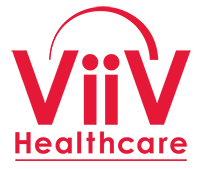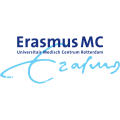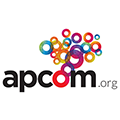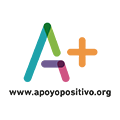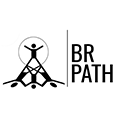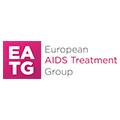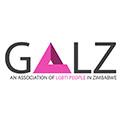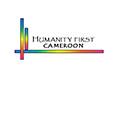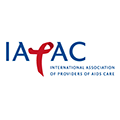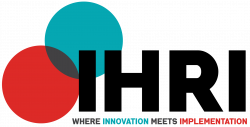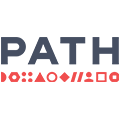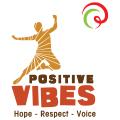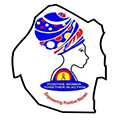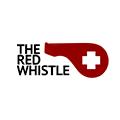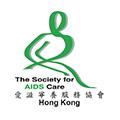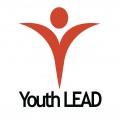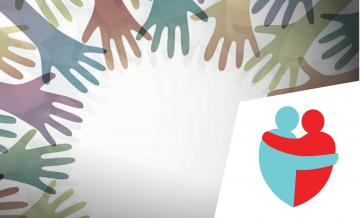Wednesday, 28 October 2020

Latin American Stigma & Discrimination Forum 2020
Related Enduring Materials
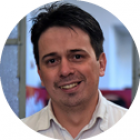
Welcome
The successful virtual Latin American Stigma & Discrimination Forum took place on 28 October 2020.
As shown by the significant and increasing reports of cities and countries achieving the 90-90-90 targets and beyond for the majority, HIV is now a treatable infection. In the past few years, there have been advances not only in the efficacy of medication but, as importantly, improvements in their toxicity profile and ease of administration, leading to greater adherence overall and resulting in positive long term results.
However, large groups of individuals either still remain undiagnosed, or are diagnosed but do not seek care. Indeed, undiagnosed individuals form the greatest gap in our 90-90-90 targets. For there to be further improvements in our cascades of care, it is essential that these groups are targeted.
But why does this happen?
Undoubtedly, this issue has much to do with fear. Particularly the fear of testing, receiving a positive diagnosis and attending an HIV center, and the subsequent discrimination which either does or is perceived to occur. Such fears result in unnecessary morbidity and mortality, particularly due to late diagnosis, along with an increased risk of transmission within the population.
Change is coming!
We are, however, striving to make a change and there are success stories!
Come and hear how you can challenge and be part of the solution to stigma and discrimination. Listen to the stories of both successes and failures from our experienced faculty. The triumph of HIV treatment can only truly begin when we can succeed in improving testing and linkage to care. We are all beholden to take part in this challenge.
Program Director
Welcome / Bienvenidos from the Local Chair
Latin America and the Caribbean is a region where HIV is mainly concentrated in key populations including transgender people, MSM, female sex workers, and people who use drugs. On top of this, many of these populations have also been exposed to the sexual transmission of viral hepatitis and other infections.
The identification of key populations not only refers to where the epidemic is concentrated but also to the populations that have been more active in the civil response to HIV, STI's, and viral hepatitis. These groups are and will be key to the solution.
HIV-related stigma and discrimination is by far the most significant structural barrier that keeps people from accessing testing and treatment in a timely manner. In recent publications, key populations identify the health service among one of the places where they experience the most stigma and discrimination. We still have a long way to go on making services friendly and free from stigma.
Local Chair
- Summarize key strategies for the elimination of stigma and discrimination
- Strengthen the HIV care cascade in the Latin American region, focusing on local solutions to fight stigma and discrimination
ViiV Healthcare was not involved in the development of content or selection of faculty
for this educational activity.
Endorsers
The Latin American Stigma & Discrimination Forum is endorsed by the following societies and organizations. Their support and collaboration are key to the success of this forum!
If you wish to become an endorser, please reach out to Rikke Rode at Rikke.Rode@amededu.com
